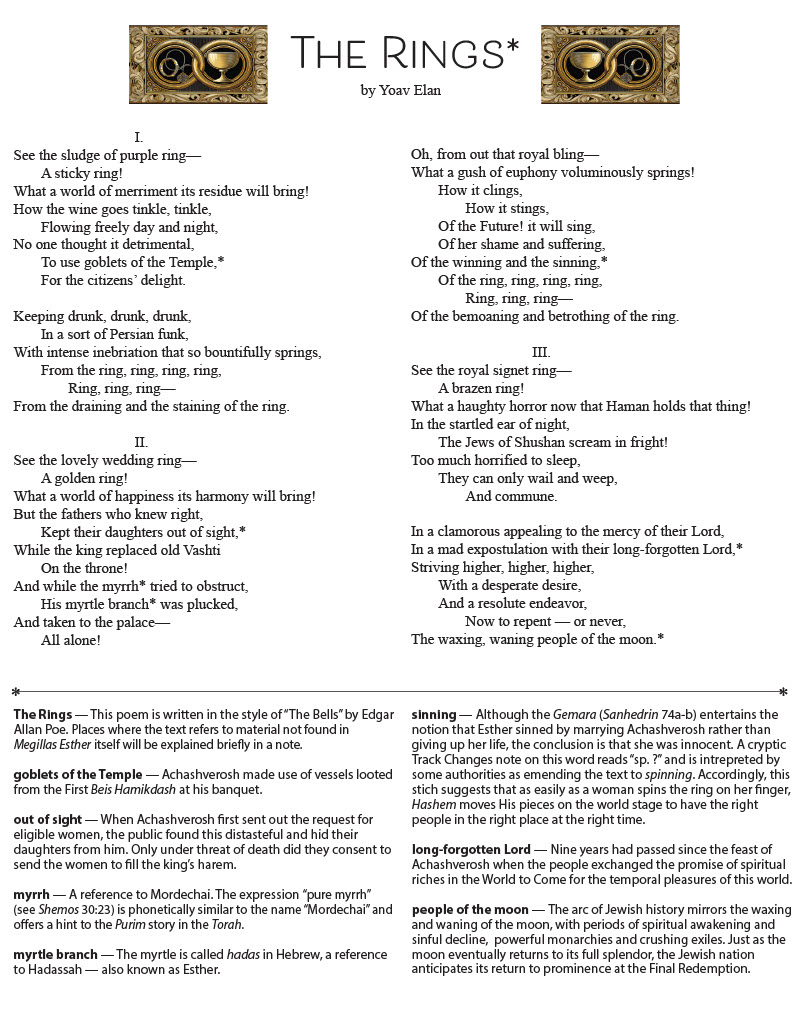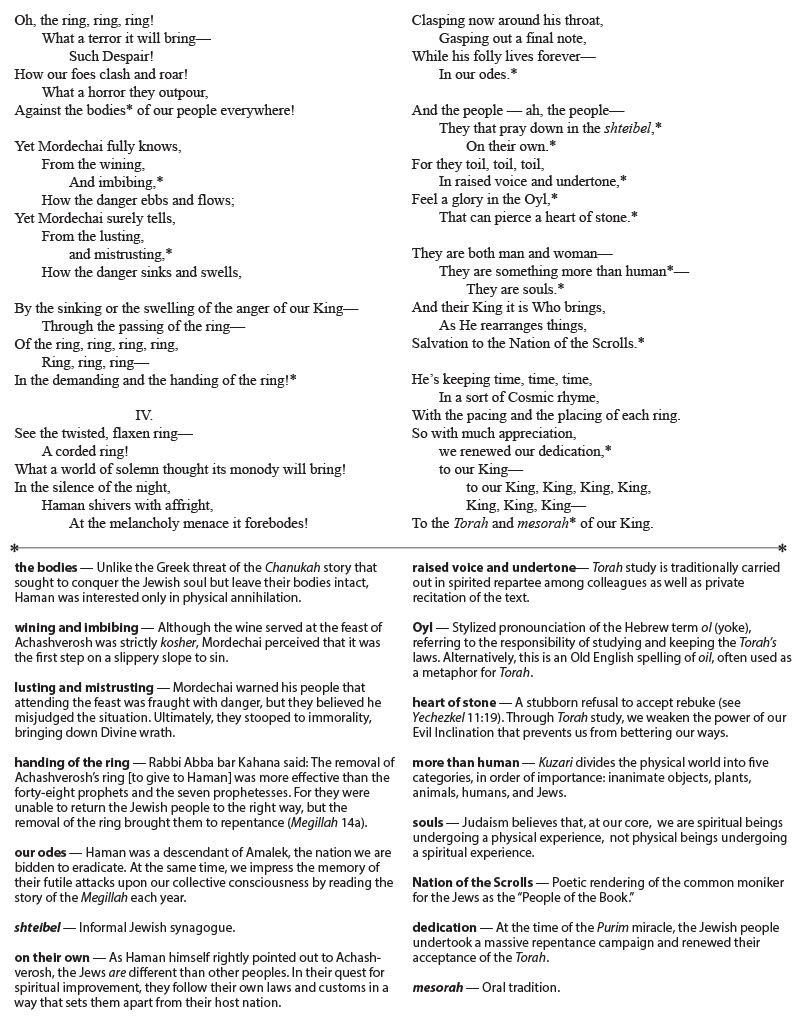Letters to My Children and Grandchildren Part 2

Last month, I introduced this series of articles by explaining how, many years ago, I wrote a book of advice to my children in the form of letters. It was based largely on Pirkei Avos, whose principles I have tried to live by and which I have tried to instill in my children. Now, I am writing to my grandchildren, to transmit to them, too, whatever wisdom I have attained as well as their family history, stories, and minhagim.
In disseminating these letters beyond the family, I am not preaching, nor am I attempting to give mussar, both of which I may not be qualified or deserving to do. These are simply words of advice to my children and grandchildren, based on my personal Torah education, hashkafa (religious outlook), and life experiences.


















